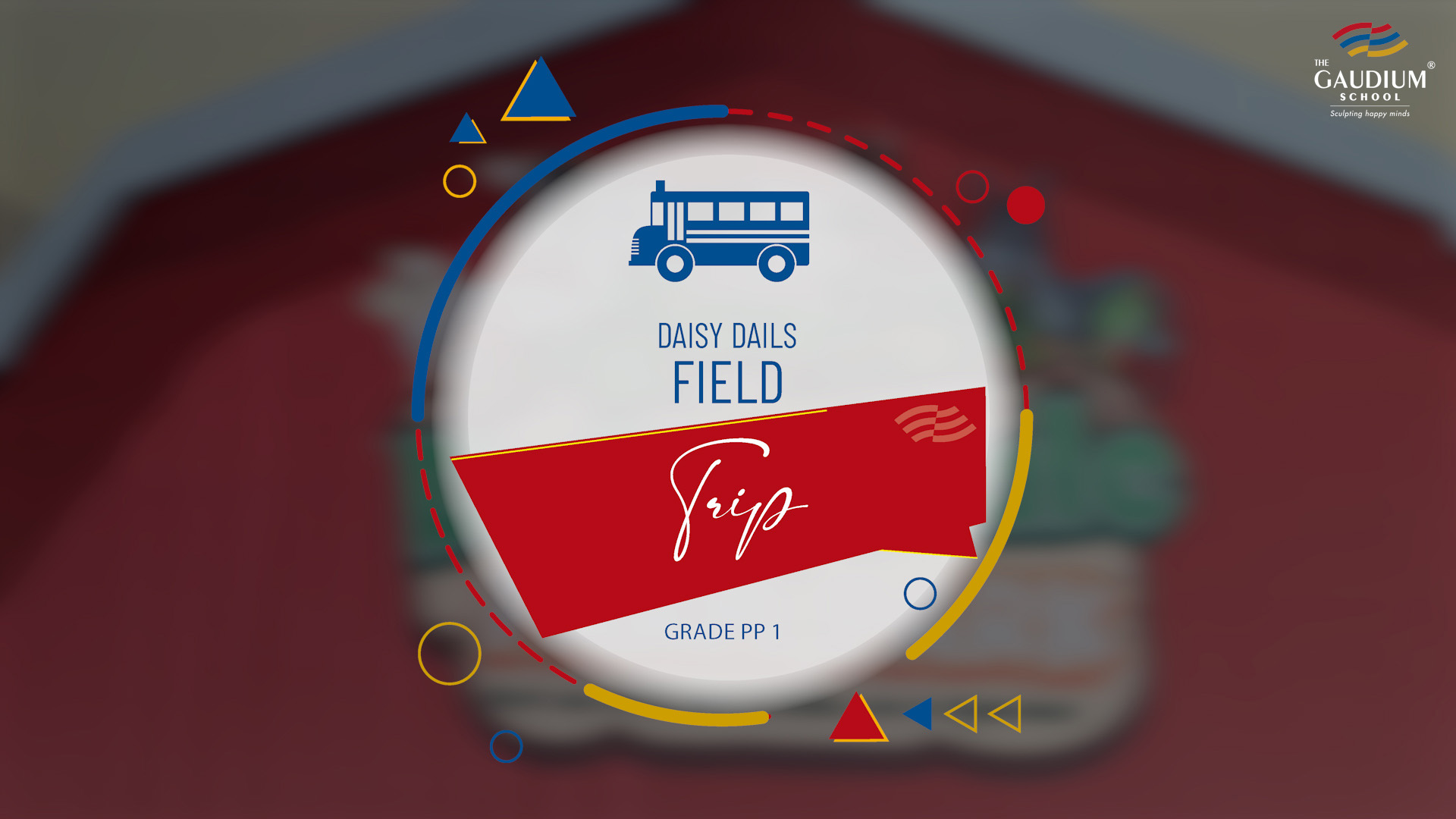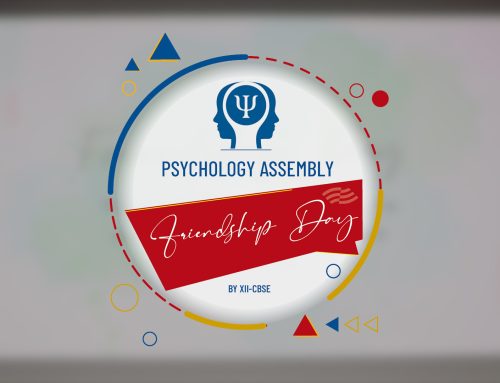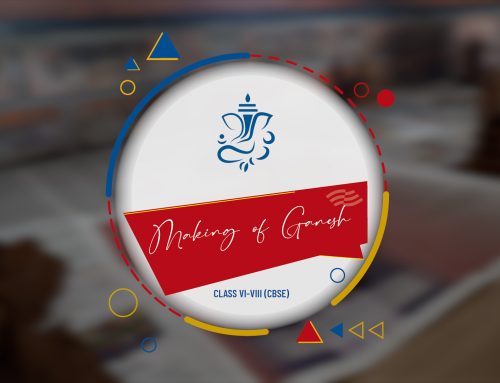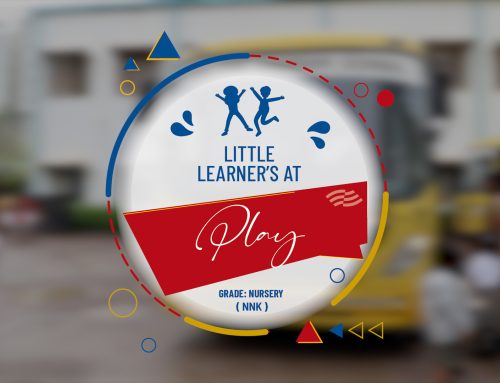Experiential learning stands as one of the most powerful educational approaches for young children, transforming abstract concepts into tangible, memorable experiences that resonate deeply with developing minds. When children engage with the world through direct interaction and exploration, they don’t merely absorb information—they construct understanding through their senses, emotions, and natural curiosity. This hands-on approach is particularly crucial for young learners whose cognitive development thrives on concrete experiences before transitioning to abstract thinking. Our PP1 students’ recent field trip to Daisy Dales exemplifies how experiential learning can create profound educational impact, moving far beyond traditional classroom boundaries to forge meaningful connections between knowledge and the natural world.
The moment our PP1 students arrived at Daisy Dales, the transformative power of experiential learning became immediately evident. Their faces lit up with excitement and curiosity as they stepped into an environment where learning came alive through direct engagement with nature. The children immersed themselves in observing the intricate beauty of flowers, plants, and trees, while their ears tuned into the symphony of natural sounds surrounding them. This multi-sensory exploration allowed them to connect their classroom lessons with real-world experiences in ways that textbooks simply cannot achieve. Every flower they examined, every leaf they touched, and every sound they identified reinforced academic concepts through authentic discovery, demonstrating how experiential learning creates neural pathways that enhance retention and understanding in young minds.
For young children, experiential learning serves as a catalyst for developing critical thinking and observational skills that form the foundation of lifelong learning. During their visit, every activity was carefully designed to encourage our students to ask questions, think critically, and express their observations in their own unique ways. This approach recognizes that children are natural scientists, constantly forming hypotheses about their environment and testing them through exploration. When young learners engage with nature directly, they develop essential cognitive skills such as pattern recognition, cause-and-effect reasoning, and analytical thinking. The hands-on exploration at Daisy Dales provided countless opportunities for our students to practice these skills in authentic contexts, strengthening their ability to make connections between different concepts and apply their knowledge in new situations.
Beyond academic achievement, experiential learning plays a vital role in developing essential life skills and emotional intelligence in young children. The field trip to Daisy Dales nurtured important capabilities such as teamwork, observation, communication, and respect for the environment—skills that extend far beyond the classroom. When children work together to explore and discover, they learn to collaborate, share ideas, and build on each other’s observations. The natural environment provided a perfect setting for developing empathy and environmental stewardship, teaching our young students to appreciate and protect the world around them. These social and emotional learning outcomes are particularly significant for young children, as early childhood represents a critical period for developing interpersonal skills and emotional regulation that will serve them throughout their lives.
The profound joy reflected on our students’ faces during the Daisy Dales visit underscores a fundamental truth about experiential learning: when education touches the heart, it becomes truly transformative. At The Gaudium, we firmly believe that the world itself is the best classroom, and field trips like these demonstrate how learning becomes joyful, memorable, and impactful when it moves beyond textbooks into experiences that engage the whole child. For young learners especially, experiential education fosters a sense of wonder and natural curiosity that becomes the driving force behind their educational journey. This approach recognizes that children learn best when they are actively engaged, emotionally invested, and able to make personal connections with the material—creating lasting memories and deep understanding that will continue to influence their learning and development for years to come.






Leave A Comment